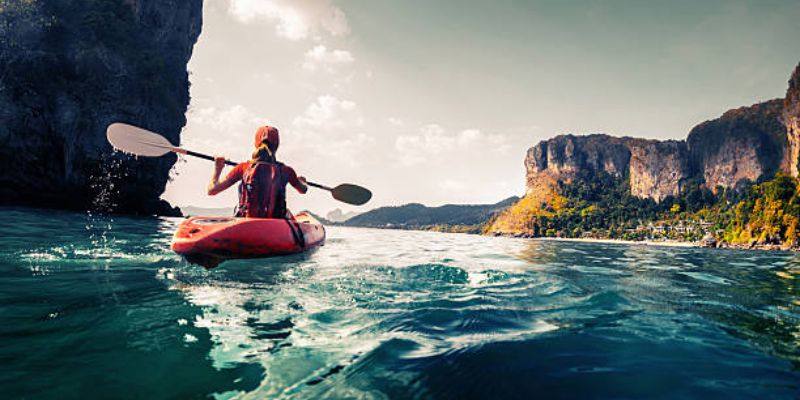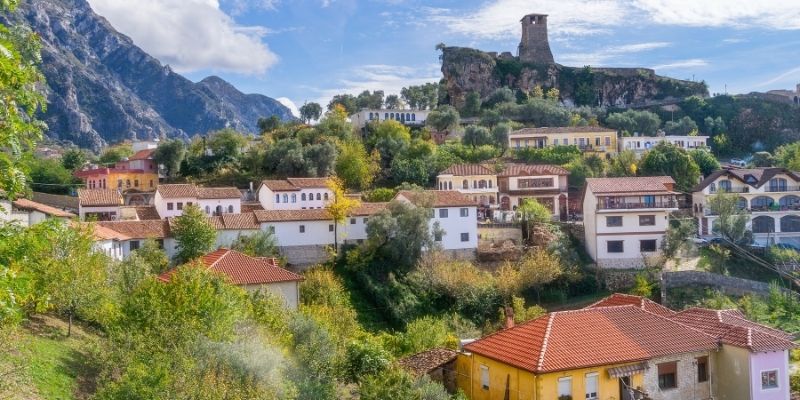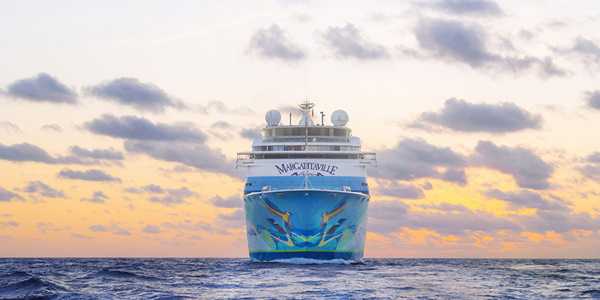How to Choose the Best Adventure Tour Company (Simple Guide for First-Time Travelers)
Author:Nolan Pierce
Choosing the best adventure tour company matters a lot because adventure travel involves risk, planning, and safety. The right company can make the trip exciting and safe, while the wrong one can ruin the experience.
I learned this while planning my first guided tour trip and realized most people don’t know what to look for. Here is a simple breakdown to help you pick a company you can trust and enjoy traveling with, even if it’s your first adventure.
Understanding What an Adventure Tour Company Really Does
An adventure tour company handles planning, guiding, equipment, and safety during outdoor or high-activity travel. Unlike regular travel agencies, they deal with real risk. They guide activities like hiking, rafting, kayaking, diving, safari trips, and mountain trekking. They must manage conditions, terrain, weather, food, and emergency support.

Know Your Adventure Style and Skill Level
Figure Out What Type of Adventure You Want
Different adventures need different skills. Hiking, wildlife watching, diving, and mountain climbing are not the same. Pick a company that specializes in your exact interest, not just general tours.
Choose Beginner-Friendly or High-Intensity
If you are new, avoid advanced-level trips even if they look exciting. Companies that offer “all-level” trips should explain how they adjust for beginners.
Be Honest About Your Limits
Think about your fitness level, medical issues, and comfort with risk. A good company will guide you to the right tour, not push you into something unsafe.
Key Factors When Choosing an Adventure Tour Company
Safety Standards and Certifications
A company should follow clear safety standards. Guides should be trained in first aid, rescue, and the specific activity. Many trained guides come from groups like certified mountain schools or dive training programs. You can also check trusted resources like REI to compare safety expectations.
Reputation and Track Record
Look at reviews across different sites. Check if travelers had consistent experiences. Be cautious if reviews mention bad communication or unclear safety rules. The best companies have steady positive reviews over the years, not just a few recent ones.
Guide Experience and Local Knowledge
Local or long-term guides understand terrain, weather, wildlife behavior, and culture. Ask how long the guides have worked in that area and if they are full-time staff or temporary hires.

Group Size and Traveler Type
Smaller groups often mean better guidance and safety. Some companies work best with families, while others work with solo backpackers or experienced climbers. Make sure their usual traveler profile matches you.
Equipment Quality
The company should explain what equipment they provide and what you must bring. Ask how often gear is checked or replaced. Old helmets, ropes, or boats are a safety risk.
Clear Itineraries
A good itinerary shows times, locations, activities, and rest points. Vague schedules are a red flag. Look for companies that also share backup plans in case of weather or emergency.
What You Are Paying For
What Should Be Included
Price may include lodging, camping supplies, food, water, transportation during the trip, entrance permits, and guide support. If the price seems too low, something important is likely missing.
Hidden Fees
Some companies add gear rental fees or extra charges for meals or side activities. Ask for a complete cost breakdown before booking.
How to Compare Companies the Right Way
Make a Comparison Checklist
List each company and check:
Safety certifications
Guide training
Equipment condition
Group size
Trip reviews
Total real cost
This makes differences easier to see.
Test Customer Support Before Booking
Send specific questions. For example, ask about altitude, weather, or meal planning. A good company answers clearly and quickly. Slow or unclear replies are warning signs.
Check Policies Before Booking
Cancellation Rules
Trips can get canceled because of weather or illness. Look for refundable or flexible policies. Companies with very strict no-refund rules may not care about customers.
Emergency and Communication Support
Trips in remote areas should include access to a satellite phone or trained rescue support. Organizations like National Geographic often highlight why emergency planning matters during exploration.
Set Realistic Expectations
Adventure travel is not luxury travel. You may sleep in tents, eat simple meals, and deal with weather changes. Understand the conditions so you are not surprised. Hard trips can still be enjoyable when expectations are clear.

Red Flags to Watch Out For
Very Low Prices
If a price looks too good, the company may be cutting corners on food, guides, or safety.
No Clear Certifications
A professional company can show proof of training and permits.
Unclear Communication
If they avoid questions or give vague answers, avoid them.
Pressure to Pay Fast
A trustworthy company lets you take time to review details.
Choosing the Best Adventure Tour Company With Confidence
Adventure travel can be life-changing when planned well. When you take time to check safety, guides, equipment, group size, and clear communication, you increase your chances of having a safe and memorable experience. Companies like World Wildlife Fund often work with trusted tour operators for conservation trips. Careful review gives you control and peace of mind.
Sources
Latest News

Why Albania Is 2026’s Best Budget Alternative to the Amalfi Coast
November 24, 2025

Hidden Benefits Of Traditional Thai Massage You Didn't Know
October 27, 2025

From Chaos To Calm: Designing Your Own Healing Retreat In Thailand
October 20, 2025

Fun And Affordable Weekend Trip Ideas You'll Love
September 29, 2025

Sailing Into Paradise: Your Ultimate Cruise Vacation Guide
September 20, 2025

10 Smart Tips for Booking Affordable Family-Friendly Tours Without Sacrificing Fun
August 27, 2025